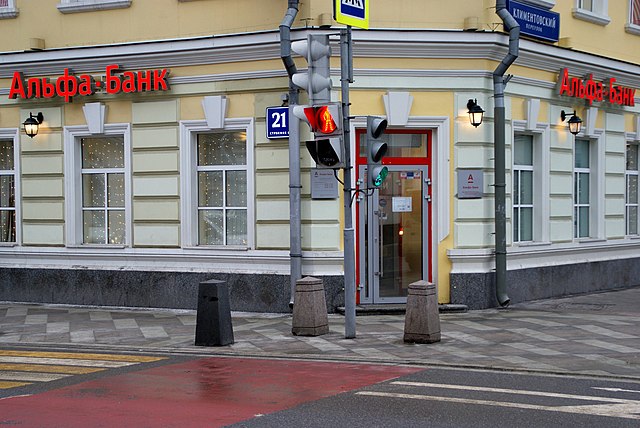
Please Follow us on Gab, Minds, Telegram, Rumble,Truth Social, Gettr
The Russian government is moving to ‘deoffshore’ major corporations that moved domicile to foreign countries in the past several decades. The new legislation will allow majority Russian-owned entities to essentially seize foreign shares and move the operation back inside the Russian Federation.
It emerged this week that the government has begun drawing up a list of “economically significant organizations” as part of its campaign to bring big companies fully under Russian jurisdiction. Those on the list will have the right to ditch any foreign holdings through which they hold assets. After a decade of trying, it looks like the Ukraine war and Western sanctions mean that the Kremlin will finally achieve its long sought-after “deoffshorization.”
To be on the list, companies must meet two criteria: they must be large (defined as having annual revenue over 75 billion rubles ($820 million), assets of more than 150 billion rubles, or more than 4,000 employees); and they must be more than 50% owned by Russian beneficiaries via holding companies registered in so-called “unfriendly” countries (these are nations – mostly in the West – that have been deemed hostile by the Kremlin). There are estimated to be more than 100 companies in Russia that meet these criteria, reported Russian independent news entity The Bell.
When the Moscow Arbitration Court suspends the rights of a foreign owner, all shares of the Russian company in question are transferred to the Russian entity. Then, they are redistributed among the existing beneficiaries in proportion to their stake – but, crucially, only under Russian jurisdiction. Russian beneficiaries are obliged to take direct ownership of their shares. And the rights of foreign beneficiaries will be limited: for example, their dividends will be paid into Type-C (escrow) accounts from which it is almost impossible to withdraw cash.
Foreign owners will be faced with a choice. If they decide they don’t want to move their ownership to Russian jurisdiction, they also have the option of applying for compensation based on the market value of their shares. However, once again, the compensation will be paid into Type-C (escrow) accounts, where it is very difficult to access.
The Bell also mentioned the drive in Russia to reduce corporate transparency, in an effort to avoid Western sanctions over the invasion of Ukraine.
‘NO AD’ subscription for CDM! Sign up here and support real investigative journalism and help save the republic!‘
- Bulgaria’s Globalist Government On Verge Of Collapse
- Germany Begins Dumping Its Criminal Migrants In Bulgaria

